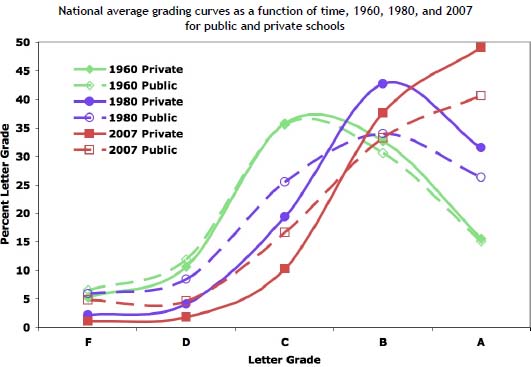I recently browsed through the acceptance/rejection thread and noticed that students did not put the school they came from, only the school that they were accepted. Therefore, I'm not sure what the relationship is between GPA vs College vs Acceptance/Rejection.
In other words, how bad is having a low GPA from an Ivy League or other highly competitive college? For example, if two students applied to dental school X, with student 1 coming from Harvard with a 3.1 overall GPA (let's say 3.0 science), and student 2 coming from Ohio State with a 3.8 overall GPA (maybe a 3.7 science), but student 1 has a much higher DAT score than student 2, will 1 still be automatically ignored because of their low GPA?
In other words, how bad is having a low GPA from an Ivy League or other highly competitive college? For example, if two students applied to dental school X, with student 1 coming from Harvard with a 3.1 overall GPA (let's say 3.0 science), and student 2 coming from Ohio State with a 3.8 overall GPA (maybe a 3.7 science), but student 1 has a much higher DAT score than student 2, will 1 still be automatically ignored because of their low GPA?


